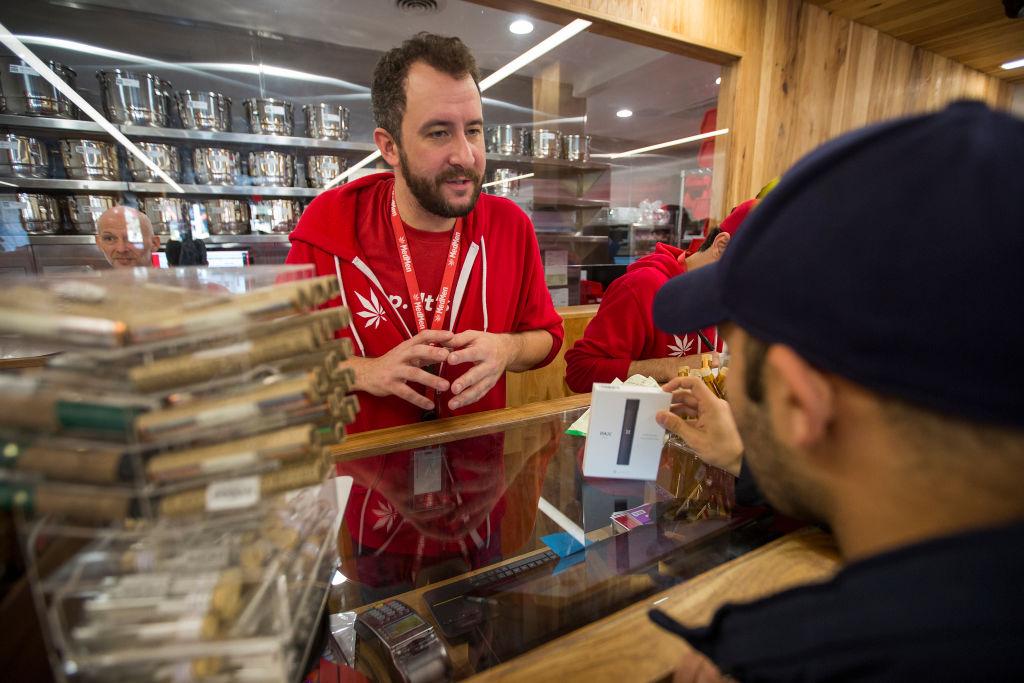A California state legislative committee is set to discuss a bill on April 22 to reduce the state’s tax on its legal cannabis industry after some cities slashed local taxes on the industry to help retailers survive.
According to the bill’s author state Assemblyman Matt Haney, of San Francisco, taxes as high as 45 percent in some areas of California have suffocated the state’s infant legal cannabis industry before it has had a chance to develop, allowing states like Colorado and Michigan, which have lower taxes on the industry, to outpace the state.





